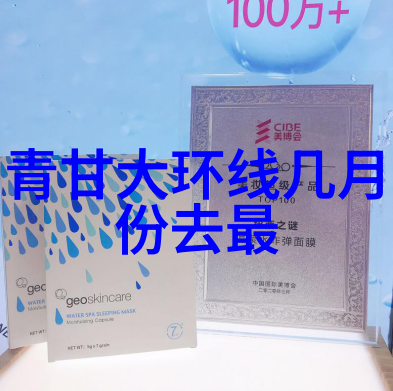气浮机一体化污水处理设备高效环境保护解决方案
什么是气浮机一体化污水处理设备?

气浮机是一种利用浮力原理对含油污水进行初步处理的设备,它通过在污水中加入特殊的浮料,使油滴或悬浮固体与这些浮料相结合,形成较大的团块,然后将这些团块带到表面,由气膜或其他机械手段提取。这种技术在提升污水处理效率和减少后续处理难度方面具有显著优势。
如何工作的?

气浮机一体化污水处理设备通常由三个主要部分组成:清洁池、沉淀池和出水池。首先,含有油脂和杂质的废水进入清洁池,在这里被喷入大量的沸腾剂,这些沸腾剂能够促进废水中的油脂和悬浮物与泡沫相结合,从而形成可以上升至表面的团块。随后,这些团块会被送往沉淀池进行进一步沉降。在沉淀池中,大部分悬浮固体会被沉积下来,而剩余的一些悬留物则会继续流向出水池。
对环境保护作用如何?

使用气float machine to treat wastewater not only helps to remove contaminants from the water but also reduces the amount of pollutants that enter our environment. By effectively removing oil droplets and suspended solids, this technology minimizes the risk of pollution in rivers, lakes, and other bodies of water. Furthermore, it helps prevent harm to aquatic ecosystems and wildlife by reducing the amount of harmful substances that could potentially be consumed or ingested.
安装与维护需要注意哪些问题?

When installing a gas flotation system for wastewater treatment, several factors must be taken into consideration. The equipment needs to be installed at an appropriate location with sufficient space for proper operation. It is also important to ensure that all components are securely connected and functioning properly before startup.
In addition to installation considerations, regular maintenance is crucial for optimal performance. This includes monitoring levels of chemical additives used in the process as well as ensuring timely cleaning or replacement of worn-out parts such as pumps and filters.

是不是适用于所有类型的废水?
While gas flotation systems are effective in treating a variety of types of wastewater, they may not always be suitable for every situation. For instance, if there are large amounts of heavy metals present in the waste stream or if there are other hazardous materials involved that could interfere with proper function
of the system), alternative technologies might need to be considered instead.
What makes it so efficient?
The efficiency and effectiveness of gas flotation systems can largely depend on factors such as design specifications (e.g., volume capacity), type & quantity chemicals used) utilized during treatment process) performance monitoring practices employed by operators). In general though these machines have been proven reliable tools within many industrial facilities due their ability efficiently separate oily substances while minimizing secondary waste production resulting lessened environmental impact overall).
How does it compare against other methods?
Comparing different methods for treating wastewater can provide valuable insights into which approach best suits specific circumstances based on various criteria like cost-effectiveness efficiency reliability ease-of-maintenance etc.. Gas floatation has shown promising results when compared against traditional mechanical separation techniques because its unique properties allow faster removal rates without requiring additional energy inputs; however more research remains needed before definitive conclusions can made regarding its superiority over competing technologies given diverse applications scenarios where each method's strengths will vary accordingly depending upon local conditions resources available among others).



